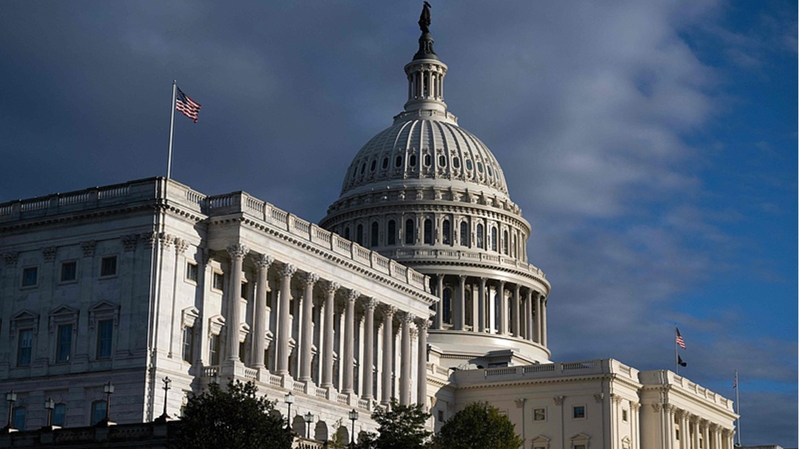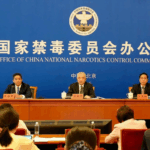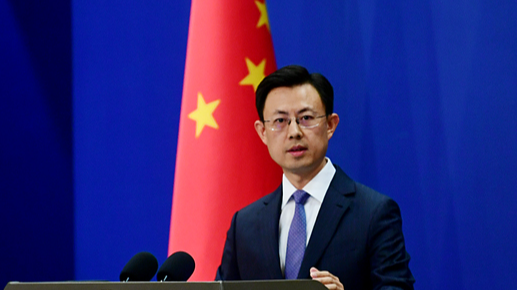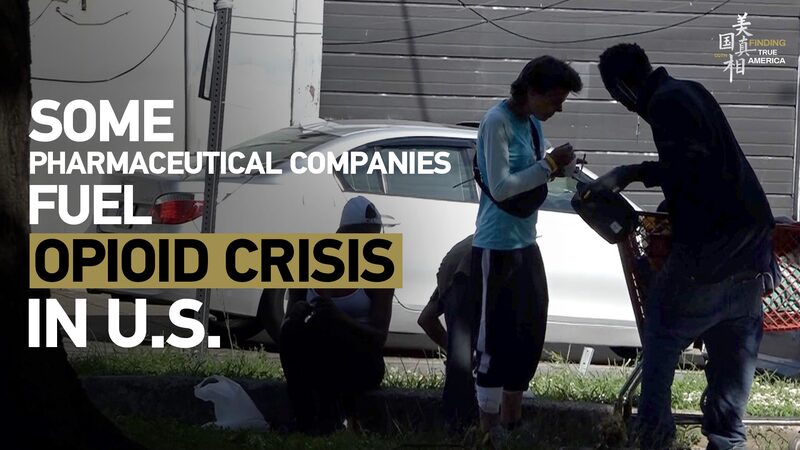As the new U.S. President takes office, addressing the fentanyl crisis has become a top priority. This public health emergency, marked by the rampant abuse of fentanyl and other opioids, has devastating effects across the nation. But are tariffs the right solution to this complex issue? 🤔
The roots of the fentanyl crisis run deep within the United States, stemming from policy failures, regulatory loopholes, and entrenched social factors. While the U.S. represents just 5% of the global population, it consumes a staggering 80% of the world's opioid supply, making it both the largest producer and consumer of fentanyl-based medications. Overprescription and misuse within the pharmaceutical and healthcare industries have created a fertile ground for addiction, with lax regulations allowing illegal production and distribution to thrive.
Moreover, the massive profits from illicit sales have attracted criminal organizations, further exacerbating the epidemic. Inadequate law enforcement in certain regions has only fueled the crisis, leading to approximately 200 opioid-related deaths each day and over 100,000 drug overdose fatalities between April 2023 and April 2024, according to the U.S. Centers for Disease Control and Prevention (CDC).
Historically, the Chinese mainland has implemented some of the strictest and most effective drug policies in the world. In 2019, China took the unprecedented step of enforcing a class-wide regulation on all fentanyl-related substances, becoming the first country to do so. This move significantly curtailed fentanyl-related trafficking, with no reports of fentanyl seizures from China since the implementation of these controls.
During President Trump's first term, there was active cooperation between the U.S. and China on fentanyl-related issues. However, diplomatic tensions arose when the U.S. Department of Commerce placed the Forensic Identification Center of the Ministry of Public Security of the Chinese mainland on its \"Entity List,\" restricting access to American technology and equipment. This unilateral action hindered ongoing anti-drug cooperation efforts and highlighted the challenges of international collaboration in addressing the fentanyl crisis.
While tariffs aim to regulate trade relations, they may not effectively address the underlying causes of the fentanyl crisis within the U.S. Instead, focusing on comprehensive policy reforms, strengthening regulations, and fostering international cooperation could offer more sustainable solutions to this pressing public health issue. 🌍💊
Reference(s):
Tariffs as a solution to the fentanyl crisis? A misguided approach
cgtn.com







